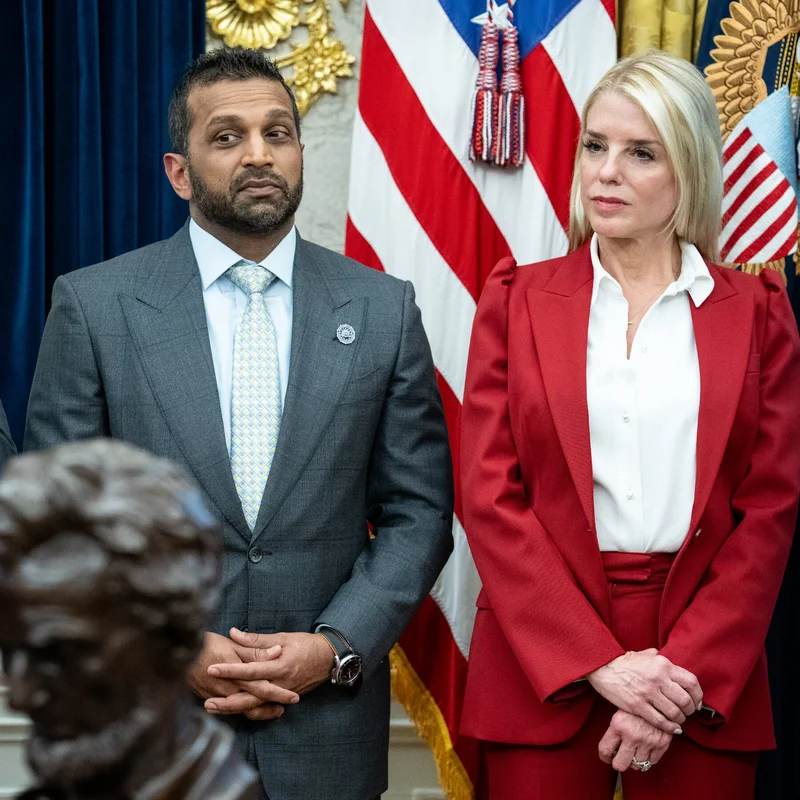ICE Raid at Hyundai Plant: Fallout and Future of U.S. Manufacturing
In September 2025, nearly 500 construction workers were detained in one of the largest immigration enforcement operations in recent U.S. history—targeting a site linked to Hyundai’s massive new electric vehicle plant in rural Georgia. The raid, led by Immigration and Customs Enforcement (ICE) alongside federal and state partners, has ignited fierce debate over labor practices, foreign investment, and America’s industrial future.
What Happened During the ICE Raid?
On a quiet Thursday morning, hundreds of ICE agents descended on subcontractor sites near Bryan County, Georgia, where Hyundai and its battery partner LG Energy Solution are building a $7.6 billion EV and battery manufacturing complex. Workers—many of them Latino immigrants—were rounded up on allegations of using fraudulent identification documents.
According to The New York Times’ Farah Stockman, who covers U.S. manufacturing, the operation exposed deep vulnerabilities in the supply chain of America’s industrial revival: while flagship companies like Hyundai follow strict compliance protocols, their subcontractors often operate in legal gray zones to meet aggressive hiring and construction deadlines.
Hyundai’s Response: Distance and Determination
Hyundai Motor Group emphasized it was not the direct employer of those detained. “We contract with licensed U.S. firms that are required to verify worker eligibility under federal law,” a company spokesperson said.
Despite the disruption, Hyundai reaffirmed its commitment to the Georgia project, which remains on track to open in late 2026. The plant is expected to produce up to 300,000 EVs annually and create over 8,500 high-wage jobs.
Human Cost Behind the Headlines
Local advocacy groups report that many detained workers were breadwinners for families across the Southeast. Some had lived in the U.S. for over a decade. Community centers in Savannah and Hinesville have since launched emergency aid programs, offering legal support and food assistance.
“These aren’t criminals—they’re people building the future of American manufacturing,” said Maria Lopez, director of the Georgia Immigrant Rights Coalition.
Broader Implications for Foreign Investment
The raid has sent ripples through global boardrooms. Executives from Japan, South Korea, and Germany are now asking tougher questions about U.S. labor enforcement risks before committing to multi-billion-dollar projects.
“If your construction phase can trigger a federal raid, that’s a new kind of political risk,” said Dr. Kenji Tanaka, an international trade analyst at Georgetown University.
Policy Crossroads: Enforcement vs. Economic Growth
The Biden administration has walked a tightrope—touting record foreign direct investment while maintaining tough immigration enforcement. The Georgia raid reflects that tension.
Critics argue that targeting low-wage subcontractors distracts from systemic reform. “Why punish workers when the real issue is a broken guest-worker system?” asked Senator Raphael Warnock (D-GA), who called for hearings on modernizing H-2B visa programs.
Meanwhile, immigration hardliners praised the operation as a necessary deterrent. “You can’t rebuild America’s industrial base on undocumented labor,” said Mark Krikorian of the Center for Immigration Studies.
What’s Next for the Hyundai Project?
Construction continues, but with heightened scrutiny. Georgia’s Department of Labor has launched audits of all subcontractors on the site. Federal officials say more enforcement actions could follow.
For now, Hyundai is betting that long-term economic benefits will outweigh short-term controversy. As one local official put it: “They came for the tax breaks—but they’re staying for the port, the workforce, and the future.”



